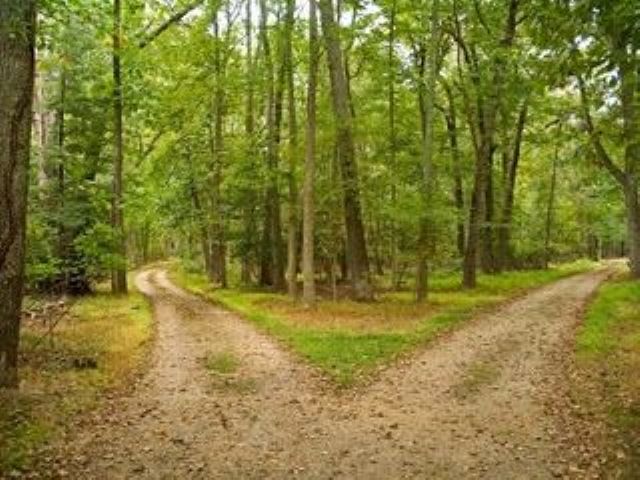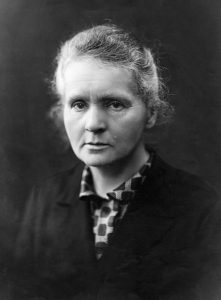
It was in an English course in high school that I first read Robert Frost’s poem, “The Road Not Taken.” He wrote, “two roads diverged in the woods, and I – I took the road less travelled by.” When I now mentally review some of the roads Linda and I have travelled on over the years, I realize these words became active behind the scenes in my subconscious, shaping my decisions and choices. I knew I very much wanted my life to have meaning beyond just a job and an income. I was vaguely aware of the danger I might slip mindlessly into a comfortable, complacent existence. At the outset I had little understanding of what I did want. I had no grand vision to guide me.
Now, in my eighth decade, I’m much more conscious of the power decisions wield in our lives, especially when they help us find the courage to avoid safe paths. I’m aware that at times Linda and I somewhat inadvertently opted for the road not taken. And, as Frost says, “this has made all the difference.”
Early in our years together, we made a decision that, when I consider the possible ramifications, still stirs up a sense of unease within me. It placed an indelible stamp on our lives and subsequently set in motion further decisions and actions that have shaped how we think and live to this day.
When we were married in 1965, Linda had a secure position with the Royal Bank (RBC). I was a heavy equipment operator. Independently we both knew that although our income was adequate, our jobs held little excitement or meaning for us. We felt unfulfilled and stymied, trapped in mental quicksand. Only a radical decision would change this.
To this time we had not been risk takers, but we resigned from our jobs and on a Saturday morning in May, loaded our sturdy old Chevy van with camping essentials. Then, with very limited funds and having no sense of what our destination should be, we rather naively set out on the Trans Canada Highway. It wasn’t a prudent decision but reflecting on it now, I realize only by severing ties to our uncomplicated, complacent, pretty safe lives could we extricate ourselves from the mental quicksand.
Our decision to embark on a financially uncertain path soon led to another life altering choice. It came while we were sitting around our campfire on the shore of Sheridan Lake in central B.C. At the time this was open range for grazing cattle and we were quite alone. One evening after a simple dinner of brown rice and peas from a can, we were reading a Madame Marie Curie biography. Deeply moved by her commitment to scientific research, I felt the beginnings of an inner stirring. Uncertain as to how Linda would react I said, “I’ve been thinking I’d like to go to university, but I know we don’t have the money.” Without hesitation, Linda said, “I could work.”

I had not seriously considered university to this time because I realized the extensive reading would be a challenge. My vision for close up reading had long been limited. I knew university would require all the creativity and perseverance I could muster. Even so, Madame Curie’s commitment had kindled within me a desire to accomplish something of value.
Knowing I’d need further sources of inspiration and encouragement, I began seeking other individuals who had done what was considered impossible. I became especially impressed by the daring of Andrew Van der Bilj, familiarly known as Brother Andrew, and also as God’s smuggler. Although it was strictly forbidden and carried harsh penalties, Brother Andrew smuggled suitcases of Bibles into the Soviet Union. He asked, “why tiptoe through life only to arrive safely at death?”
Having grown up in Abbotsford, I had only limited knowledge of the world beyond what was then very much a rural community. By registering as a student at Simon Fraser University that fall, I was exposing myself and Linda to an unfamiliar world. In our thinking and actions, we would need to go where we had not been before.
